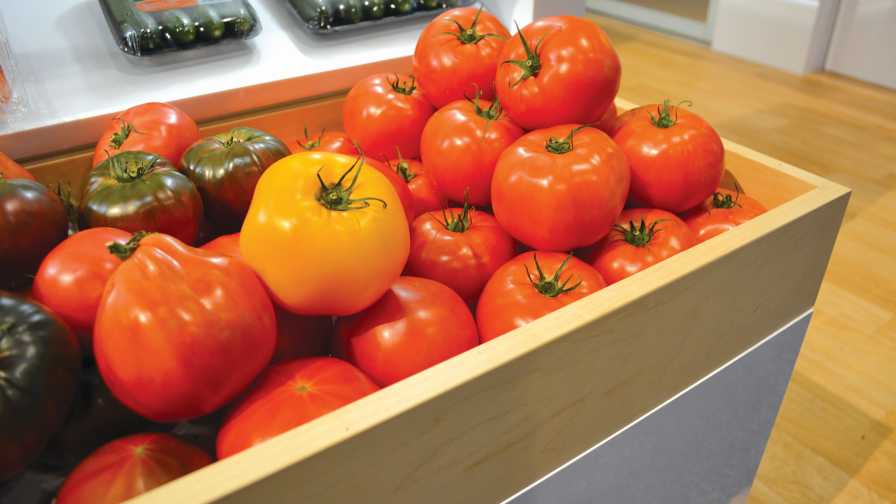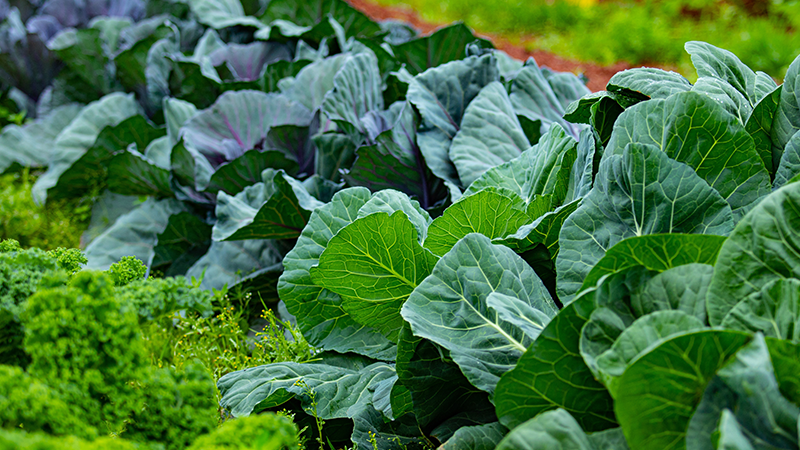Tariff Wars and New Deals Strike Specialty Crops at the Core

Florida’s tomato industry has been particularly hard hit by Mexico’s dumping of product during the state’s traditional market window.
Photo by Frank Giles
Recently, Rabobank Senior Research Analysts Roland Fumasi and David Magaña released two reports on the impacts of what might have occurred with a NAFTA breakup and the ongoing tariff trade war with China.
USMCA
While Florida growers have been disappointed with the NAFTA replacement called the United States-Mexico-Canada Agreement (USMCA), Fumasi notes that a complete NAFTA breakup might have yielded unintended consequences that would have been harmful to growers.
“While it might seem counterintuitive, had the U.S. and Mexico not come to terms under a new agreement, the macroeconomic implications to Mexico might have been so severe that it would have weakened the peso very much against the dollar,” Fumasi says. “This would have made their crops coming into the U.S. competitive, even if tariffs were put into place in the absence of an agreement.”
But, with the USMCA now in place, Fumasi says there is basically no change made that would make the agreement any different than NAFTA for Florida specialty crop growers.
Growers and industry association members were disappointed that Mexico’s dumping of produce during the state’s market window was not addressed in the new agreement.
In negotiations, Mexico was able to remove the Seasonal Specialty Crop Provision, which would limit the country’s ability to dump crops into the U.S. market at extremely low prices.
In response, U.S. Representative Carlos Curbelo (R-FL) and Senator Marco Rubio (R-FL) introduced the bipartisan, bicameral Agricultural Trade Improvement Act of 2018, which would allow Florida growers to sell their specialty crops at fair and competitive prices in the domestic market by protecting them from unfair trade practices. This legislation would have the equal authority of a seasonality/perishable provision in NAFTA.
“The Agricultural Trade Improvement Act is our battle cry, and I’m determined to make sure the administration, the unfair competitors in Mexico, and my colleagues in the House and Senate hear us loud and clear,” Curbelo said of the legislation in a recent editorial.
Low grower wages has been another anti-competitive complaint made by growers in Florida and throughout the U.S. An interesting note coming out of the USMCA is the requirement that Mexican workers in the automobile industry will now be paid $16 per hour.
“In the produce industry, workers are generally paid $10 to $15 per day,” Magaña says. “The automobile wage increase could put pressure on farms in Mexico to increase their pay somewhat. It will be interesting to see what impact that has.”
China Trade War
The Rabobank analysts’ paper on the implications of higher tariffs on U.S. fruit and tree nut crops show it could dampen export growth. A fast-growing middle class in China has driven an increase in consumption of fruits and nuts and propelled rapid U.S. export growth to that country over the last decade.
“U.S. exports of fruits and nuts to China have grown almost four times as fast as exports to other parts of the world,” Magaña says. “In the study, these impacts of the tariff were negative to all the crops we looked at, but by how much depended on the particular crop.”
While the trade balance on fruits and nuts with China remains positive, the tariffs will dampen export growth and could put downward pressure on crop prices.
“The best-case scenario would be no tariffs going into China,” Fumasi says.
“Because we have never had a free trade agreement with China, there has always been some level of tariffs under World Trade Organization rules. But, when we look at tariff levels on these crops — which were about 10% and now are up to about 50% — the worst-case scenario is this disagreement drags on with no resolution.”










